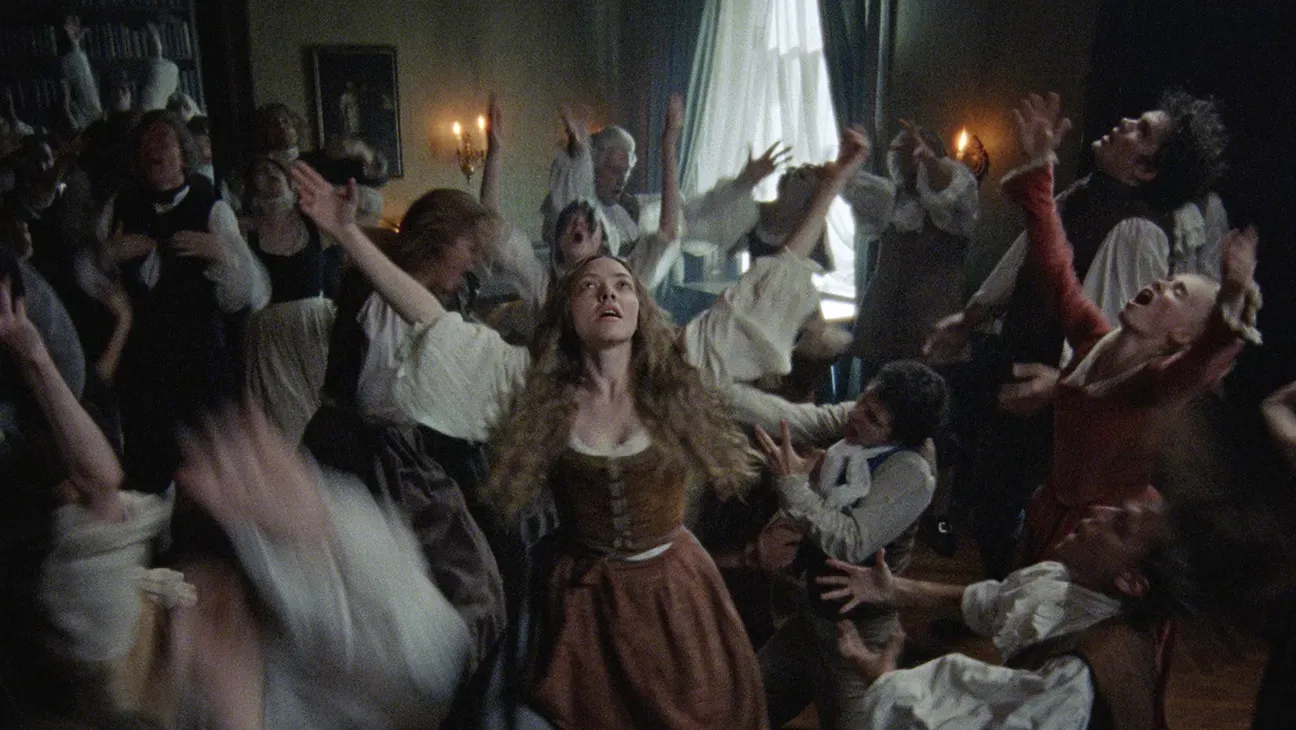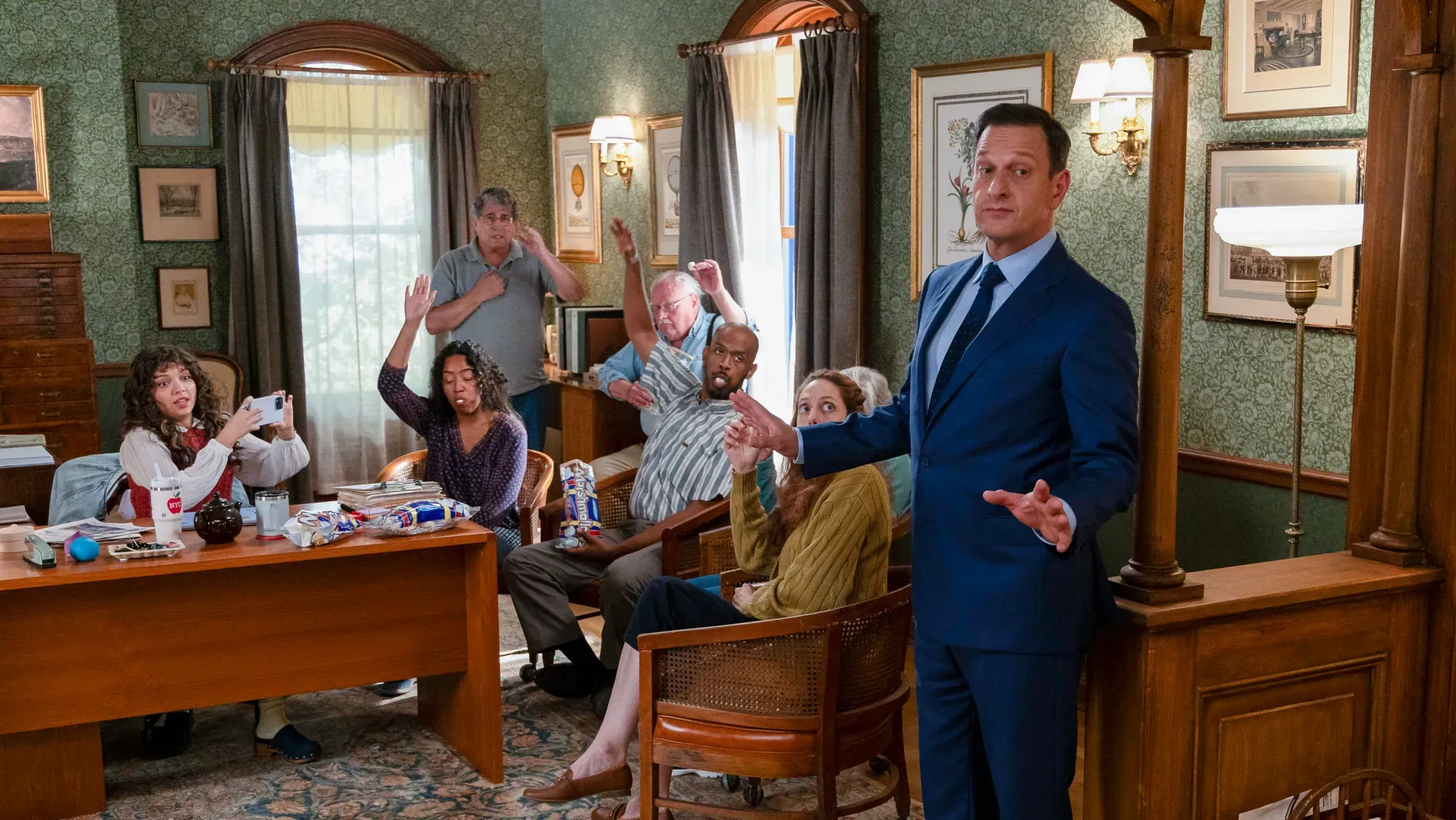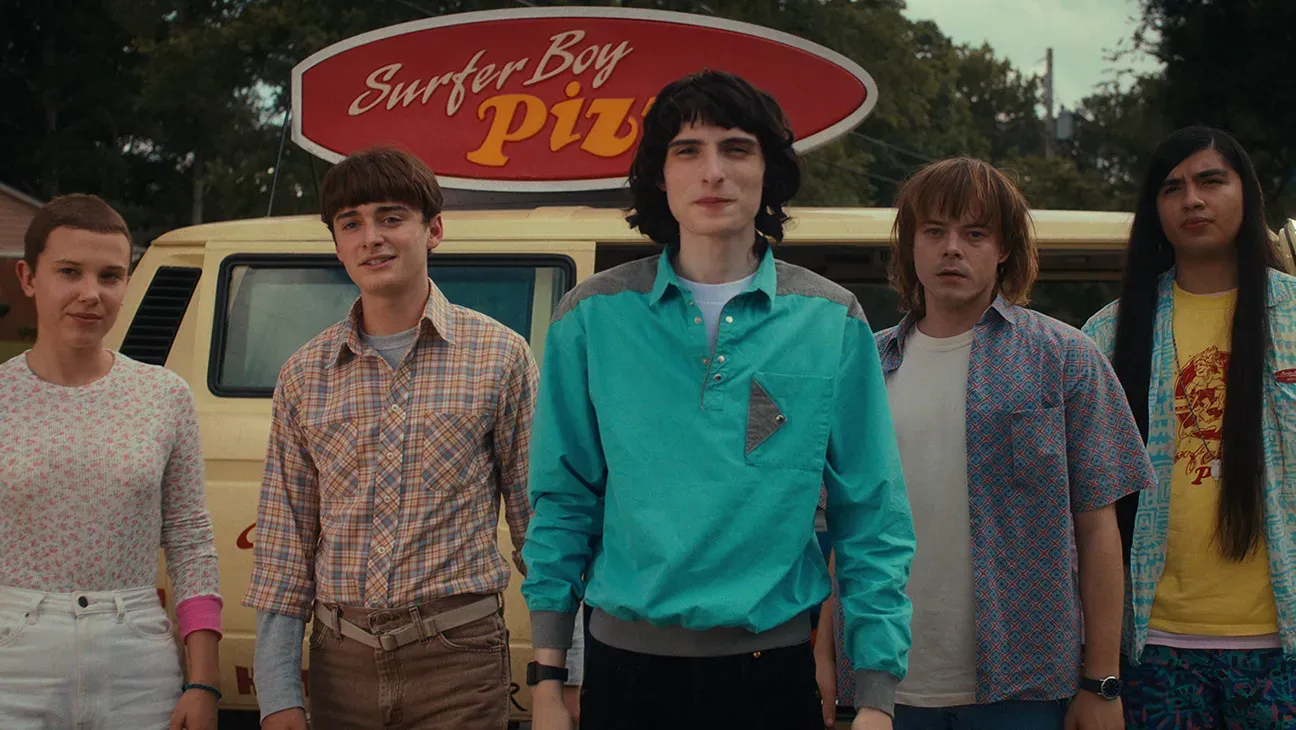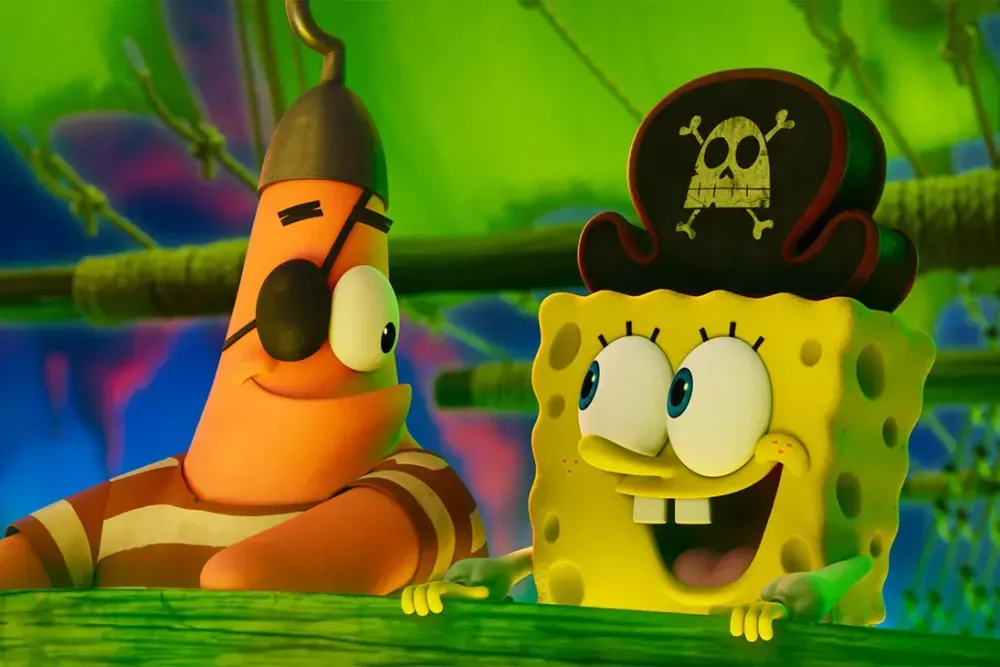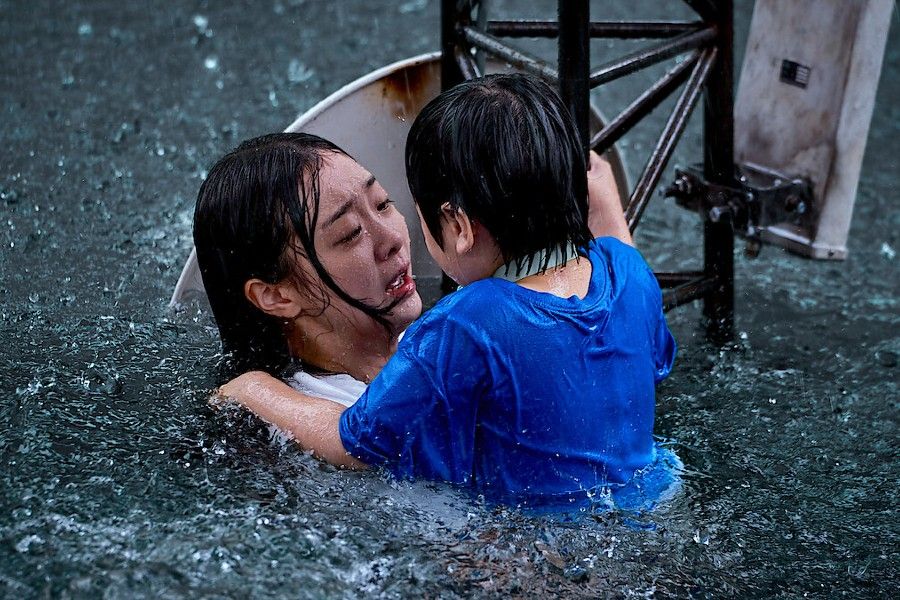
A Day And A Half (2023) - Movie Review
- Sep 11, 2023
When a movie begins in the thick of action, it not only captivates but also instructs the viewer on how to engage with its story. "A Day and a Half," helmed by first-time director Fares Fares, embraces this bold storytelling strategy. The Swedish film forgoes lengthy character introductions and plunges straight into its intense narrative.
See Also: Killer Book Club (2023) - Movie Review
The film opens with a scene buzzing with tension. Artan Kelmendi, a man visibly shaken and desperate, steps into a hospital where his former spouse, Louise Bremer, works as a nurse. We immediately sense chaos looming. Artan’s sole focus is clear, even if his plan isn't. He ends up taking Louise hostage, prompting the entry of Lukas, a level-headed police officer, who arrives to negotiate.
While it starts as a thriller, "A Day and a Half" is a real-life event that quickly shifts gears to become a family drama. Artan is not a criminal in the typical sense. He believes he's been wronged in a custody battle over his daughter, Cassandra. After their divorce, Louise got custody, despite her questionable mental health. Artan reaches a point of desperation, which leads him to the drastic act of taking Louise hostage in the hospital.
The situation unfolds under Lukas' watchful eyes. He manages the crisis skillfully, eventually transitioning the movie into a road film as he escorts Artan and Louise in a police car. Herein lies a narrative dilemma: the film loses some of its earlier suspense as we don't really know Artan's motivations. Despite this, the film’s focus shifts to not just Artan but also Louise, Lukas, and the Bremer family, making it evident that the shift was intentional.
The film also offers intermittent commentary on xenophobia. Artan, an Albanian Arab, faces prejudice from Louise’s family, revealing how racial stereotypes still persist. As the film progresses and dialogue becomes more prominent, another layer unfolds. The marriage between Artan and Louise was far from ideal, hovering on the edge of emotional collapse. Yet, this problematic love story serves as a learning curve for Lukas, who begins to confront his own past.
If we consider the characters as vertices of a triangle, with Artan and Louise symbolizing a multicultural worldview, Lukas representing a liberal perspective, and Louise's parents embodying conservatism, the film subtly indicates its take on societal progress. While love and understanding are achievable, reunification poses a significant challenge.
While the performances are strong, the dialogues don't always keep up, appearing forced at times. This is particularly noticeable in scenes thick with paranoia, where no amount of talking could capture the emotional intensity. Lukas remains the film's standout character, and it's no surprise, given that Fares Fares both directs and stars as Lukas, bringing depth to the role.
"A Day and a Half" appears to be constrained by its 'based on a true story' tag. While this element adds a layer of authenticity, it also limits the narrative scope. As a director, Fares is keen on simple stories filled with strong performances. The question he leaves us with is: whose story is it, ultimately? Is it Artan's, Louise’s, or Lukas’?
In summary, "A Day and a Half" is a gripping yet complex film that navigates multiple genres and themes. Its real challenge lies in finding the balance between its varied elements, but that doesn’t take away from its intrigue or its compelling performances.


